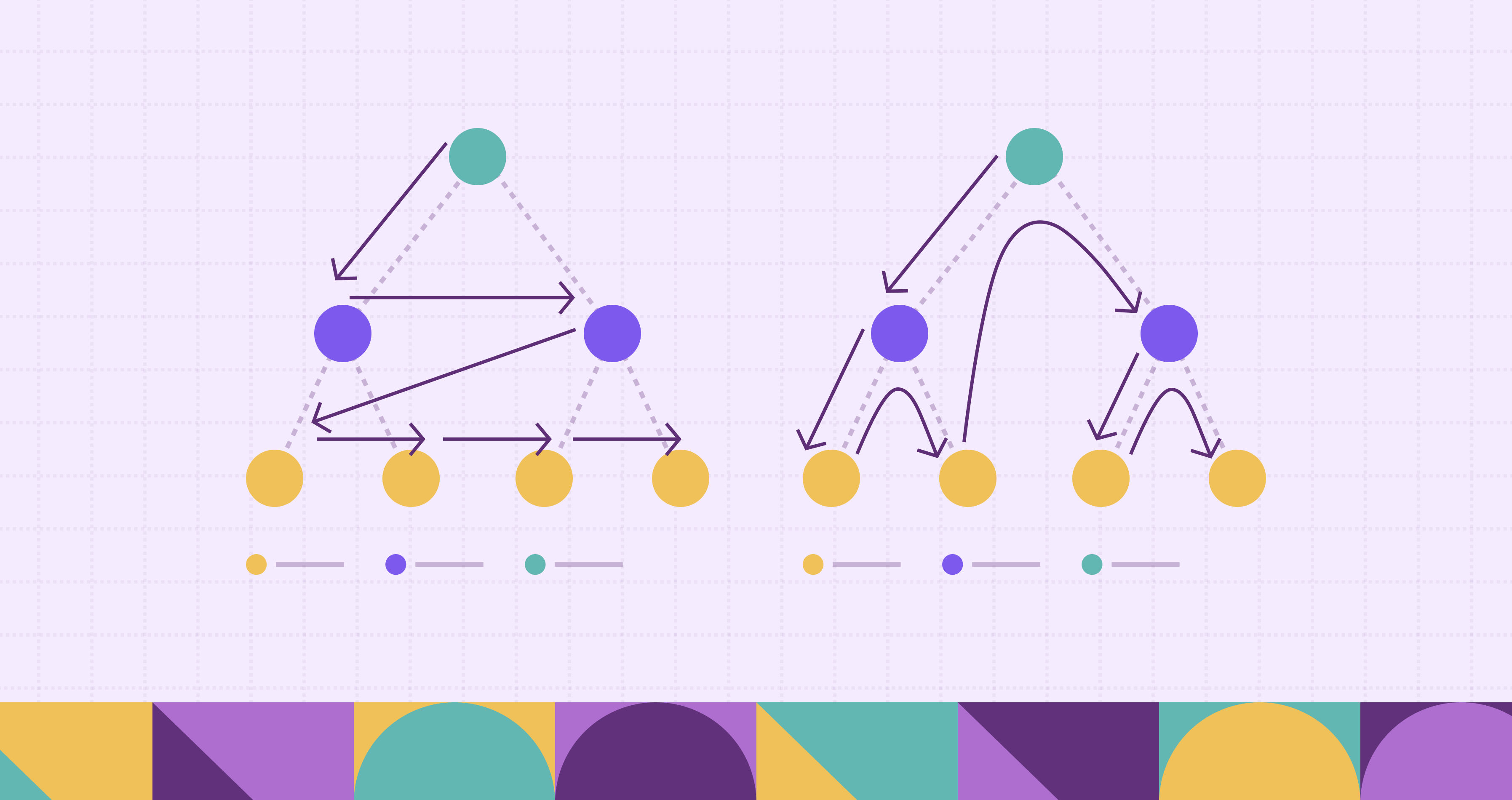How a Real-Time Asset Inventory System Uses PuppyGraph to Eliminate Data Duplication

Overview
One of the standout launches at RSAC 2025 was a new platform built specifically for Managed Service Providers (MSPs), designed to give security teams live visibility into every endpoint, user, cloud resource, and service across client environments. At the heart of this platform is a feature called Unified Asset Inventory, a system that demands real-time accuracy, deep context, and massive scale.
To meet these requirements, the team behind this platform turned to PuppyGraph.
The Challenge: Real-Time Context, Without the Operational Overhead
Security environments change constantly. Devices appear and disappear. Users log in from new locations. Threat indicators evolve by the second.
Building a live asset inventory system required overcoming several infrastructure challenges:
- High-velocity data: Asset states shift frequently, creating a moving target for inventory systems.
- Complex relationships: Effective triage depends on understanding how entities are connected.
- Operational complexity: Most graph solutions require syncing data into a separate graph store, creating lag, duplication, and maintenance overhead.
This team needed a way to run graph queries on live infrastructure data, without duplicating or syncing it into a siloed graph database.
The Solution: PuppyGraph as the Graph Engine
Instead of introducing a new database into their stack, the team embedded PuppyGraph as a graph query engine directly on top of their existing infrastructure data. This design brings clear operational and economic advantages:
Live Queries, No Data Copies
PuppyGraph queries graph structures directly from source systems. There are no duplicated datasets or syncing steps. Every graph query reflects the most current state of the environment.
- No ETL pipelines to manage
- No storage bloat from redundant data
- No delays or inconsistencies between systems
Real-Time Reflection of Change
Asset inventory must reflect reality, not a snapshot from hours ago. Because PuppyGraph works directly on source data, it captures environmental changes as they happen. Security automation and human analysts can respond instantly, whether it's an emerging threat or a disappearing device.
Scalable Architecture
PuppyGraph’s distributed compute engine efficiently handles:
- Millions of interconnected nodes and edges
- Multi-hop traversals with sub-second latency
- Multi-tenant segmentation for logically isolated analysis per client
The product benefits from graph-powered visibility without sacrificing performance.
Context-Rich Investigations
PuppyGraph models the relationships between entities, users, devices, services, threats, as first-class citizens. This lets the product to answer high-value questions in real time:
- What assets are connected to this compromised identity?
- What’s the potential lateral movement path from this endpoint?
- Which cloud services are exposed and misconfigured?
Results
By using PuppyGraph, the team was able to power a real-time asset inventory that stays current as environments change, without building complex sync jobs or maintaining extra storage. This made it easier to scale, reduced infrastructure overhead, and gave analysts the context they needed to move faster.
Conclusion
By adopting PuppyGraph, this cybersecurity platform built a truly real-time asset inventory system—one that keeps pace with live infrastructure changes, scales across client environments, and provides analysts with rich, actionable context.
All without moving or duplicating data.
If you’re building modern security products and tired of stitching together brittle pipelines or syncing siloed systems, PuppyGraph offers a faster, simpler path to graph-powered visibility.
Get started with PuppyGraph!
Developer Edition
- Forever free
- Single noded
- Designed for proving your ideas
- Available via Docker install
Enterprise Edition
- 30-day free trial with full features
- Everything in developer edition & enterprise features
- Designed for production
- Available via AWS AMI & Docker install



